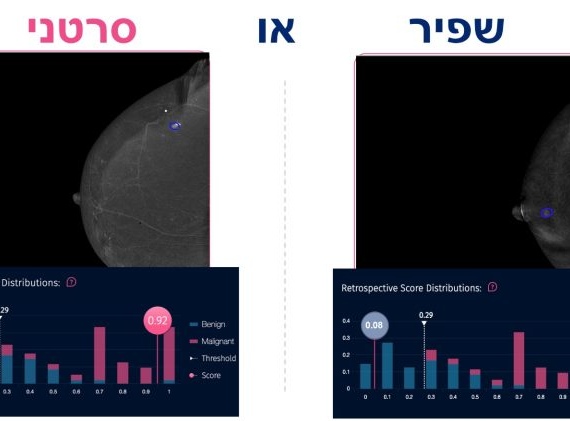
A recent report from Amboy Street Ventures reveals a $360 billion market of unaddressed healthcare needs for women, exposing significant gaps across eight critical health categories.
The study, released in March 2025, maps out overlooked areas in women’s healthcare, from menopause to fertility. Menopause emerges as the largest unmet market at $131 billion, with nearly three-quarters of women experiencing significant symptoms receiving no medical treatment. Of the 63 million menopausal women in the U.S., most struggle with limited access to specialized care, inadequate provider training, and insufficient treatment options.
Sexual health represents another critically underserved sector, with a $66 billion market potential. Research shows that only 3% of healthcare startups focus on sexual health, leaving substantial gaps in STI testing, vaginal microbiome understanding, and sexual health education.
Healthy aging presents a $59 billion opportunity, highlighting disparities in cardiovascular care, urinary incontinence treatment, and mental health support for women. The report notes that women often experience different cardiovascular symptoms and are more likely to die from heart-related events compared to men.
Menstruation, contraception, LGBTQIA+ health, and maternal health each represent significant unmet market needs. From addressing endometriosis to expanding male contraception options, these areas demonstrate systemic gaps in healthcare innovation.
Carli Sapir, Founding Partner of Amboy Street Ventures and co-author of the report, frames the research as more than a financial opportunity. “This work is a moral imperative,” Sapir explains. “Every innovation has the potential not only to generate returns but also to redefine what is possible in healthcare.”
The fertility market, though smaller at $5 billion, reveals critical challenges such as limited access to reproductive specialists, high IVF costs, and low success rates. Only 20 U.S. states require private insurers to cover infertility treatment, leaving many individuals without comprehensive care options.
Maternal health highlights particularly stark disparities. Marginalized groups, including women of color, sexual and gender minorities, and women with disabilities, face compounded challenges in accessing quality care. This leads to higher rates of complications, mortality, and adverse outcomes.
The report serves as a comprehensive examination of systemic healthcare gaps, challenging stakeholders to recognize the vast potential for innovation in women’s health. By addressing these unmet needs, researchers and investors could not only generate significant economic value but also dramatically improve health outcomes for millions of women.



